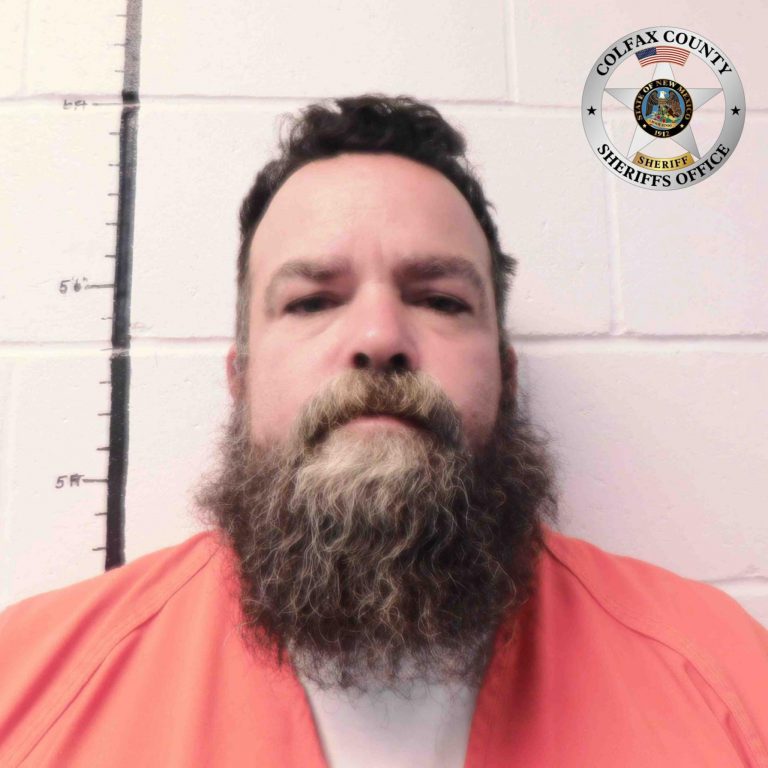T’Naus Nieto
The Chronicle-News
During its regular meeting back on Aug.5, the Las Animas County Board of County Commissioners discussed the list of potential state legislation Colorado Counties Inc. would vote to approve by October of this year.
According to CCI, the legislative final proposals are due by Sep. 3, with members formally voting on them on Oct. 3. Proposals would require at least 65% approval from members for its adoption.
According to LAC Commissioner Felix Lopez, CCI would develop eight legislative bills in a tier system out of at least 32 that they’ve heard, to select which proposals would move forward.
“We’ll see which one of those 32 will make it to the top and which ones will not,” Lopez said. “The prerogative of CCI is to bring meaningful change. How is it going to be impacting counties? How will it impact citizens? I’m excited to look at the list that we have.”
Lopez publicly expressed support for Douglas County’s proposal to create new penalties for human traffickers, particularly instances that involve children.
“When it comes to a child,” Lopez said. “This is not politically affiliated… personally, as a commissioner, I extended my support on this particular bill.”
Lopez also informed those present at the regular meeting about El Paso County’s proposal for local law enforcement to collaborate with federal agencies, such as ICE, to detain undocumented individuals with criminal records.
None of the commissioners, however, expressed support or endorsement for the proposal, with Lopez simply explaining what it was. Essentially, if local law enforcement arrests an undocumented person with a criminal history, they would then transfer them to ICE.
El Paso County Sheriff Joseph Roybal discussed how his department currently handles the matter, with a piece he submitted to The Gazette on Aug. 4.
In the article, Roybal stated, “Our focus is on criminals. Colorado law clearly defines when and how local law enforcement can work with ICE, strictly limiting involvement to criminal matters and excluding civil offenses such as undocumented presence.”
Roybal’s article was in response to people in Colorado Springs protesting his office. He also explained in the article how the media makes issues, such as ICE presence, more dramatic than in reality, before describing how a Hollywood movie, “Grand Torino,” was a more accurate depiction of how undocumented people, particularly cartel members, negatively affect communities.
Another of the proposed legislative acts was the “Colorado Wildfire Resiliency Code,” which caused concerns from LAC commissioners, who advocated against a blanket code and supported Delta County’s proposal to delay implementation until 2028.
“Do not treat Las Animas County as one, or as part of a region,” Lopez said. “If you’re going to be building a house in eastern LAC versus western LAC, there are two different codes for how you’re going to be building.”
Additionally, Lopez mentioned a proposal from Park County, which asks the state to maintain all roads to its facilities, since, according to Lopez, the current policy only applies to roads leading to State Parks.
“Now we’re saying, any state property,” Lopez said. “I wanted to express my support for that particular initiative.”
Lopez promised that once CCI have the final selected bills, the county would post them to its website.
Additionally, he mentioned that anyone could testify for, or against, a legislative bill, and said that people can participate through Zoom.




